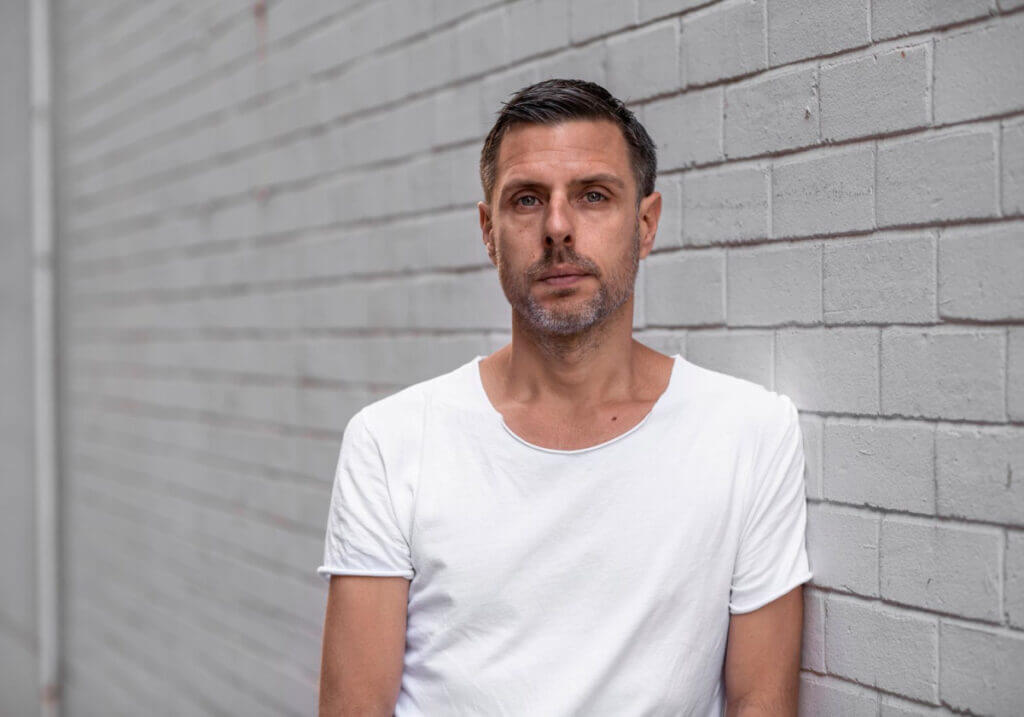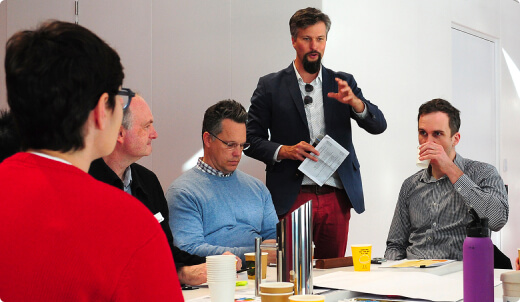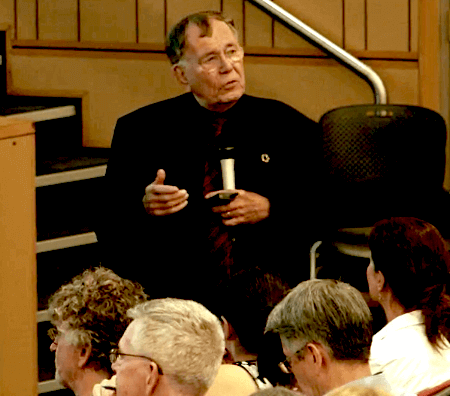Past Event
Speaker Series:
Green, healthy and active cities
panel discussion featuring Affiliate Professor Pierpaolo Mudu from WHO
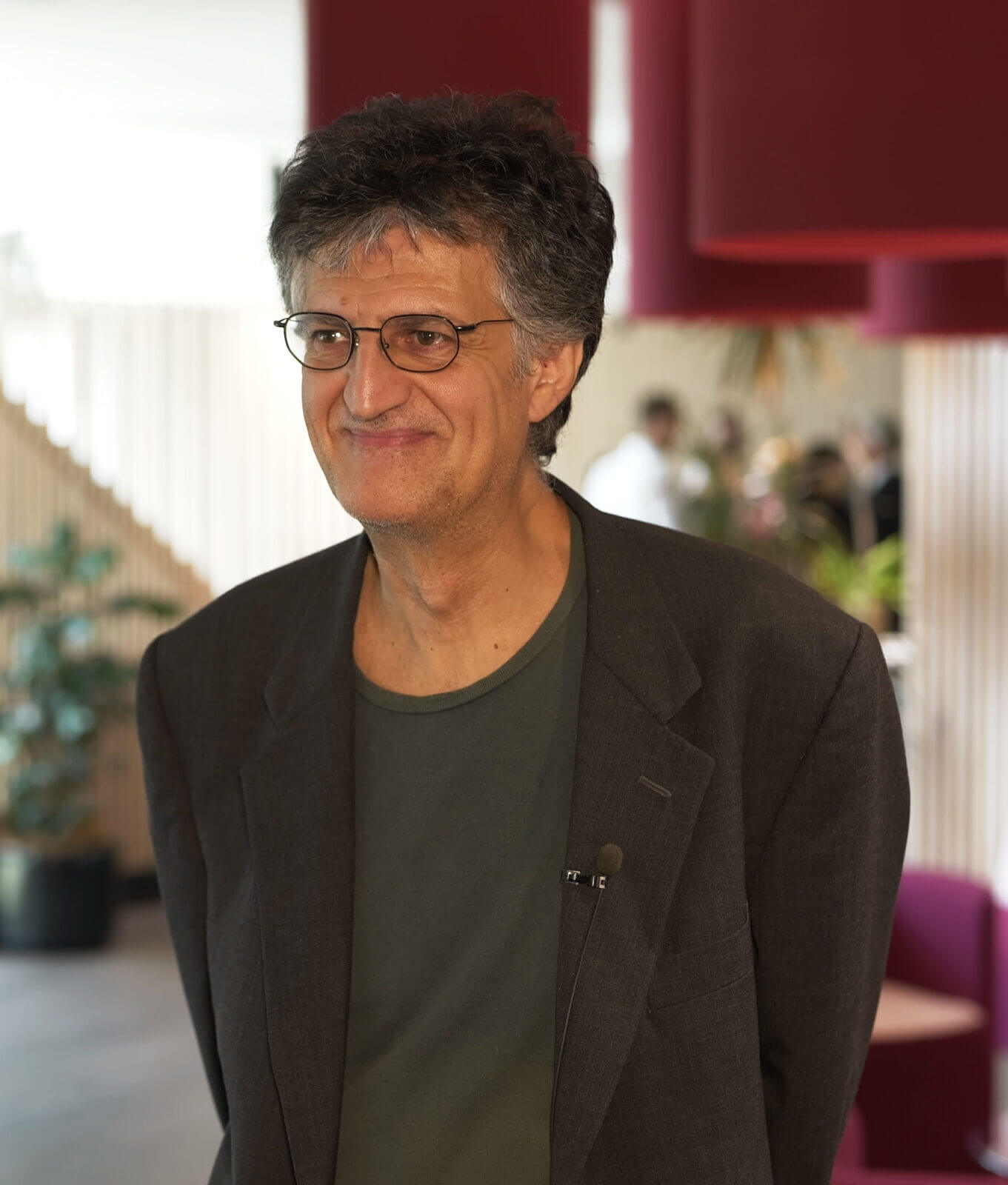
How can planners, health care professionals and researchers work together to create better health outcomes for the community? Our panel of global experts explore the latest research linking access to public space with health benefits and consider recent initiatives such as prescriptions to spend time in nature.
On Monday 30 October 2023 at Macquarie University's City Campus, Ashlie Hunter from the Cities Revitalisation and Place team at Transport for NSW introduced our keynote speaker, Affiliate Professor Pierpaolo Mudu, a geographer with WHO-EURO Environment and Health Centre in Bonn and the Headquarters in Geneva, and a distinguished panel featuring:
- Professor Donna Houston, Macquarie University
- Fiona Morrison, Commissioner Open Space and Parklands, NSW Department of Planning and Environment
- Professor Thomas Astell-Burt, University of Wollongong
Watch on demand
In his work at the World Health Organization (WHO) Mudu is striving to improve design and transport in urban environments around the world. Central to his approach is a focus on the relationship between science, politics and public health. He and his team seek to understand how planners, health care professionals and researchers can work together to create better health outcomes for the community and what impacts interventions and policies can have on public health.
He notes there's been an enormous increase in the amount of research being done on the link between green spaces and public health, particularly around the area of mental health. One of the focuses of his research is establishing how much impact greening our cities has on public health.
Prescriptions of a different nature
The research conducted by Mudu and his team has shown significant health benefits including improved mental and physical health, when people have accessible and quality green spaces within 300m or 5 minute's walk from their homes. This is especially true for the elderly and children. In terms of mortality, his research has shown that across 1000 European cities, 43000 premature deaths could be avoided if this level of accessibility to green space was available to all citizens.
Mudu sees promoting contact with nature as an effective response to the prevention and treatment of human health concerns. One of the WHO team's initiatives has been nature prescriptions or Nature-based social prescribing (NBSP) - a recommendation from a health professional to spend time in nature.
"How can we promote contact with nature as an effective response for the prevention and treatment of human health concerns such as depression, diabetes, anxiety and cardiovascular disease?"
Affiliate Professor Pierpaolo Mudu
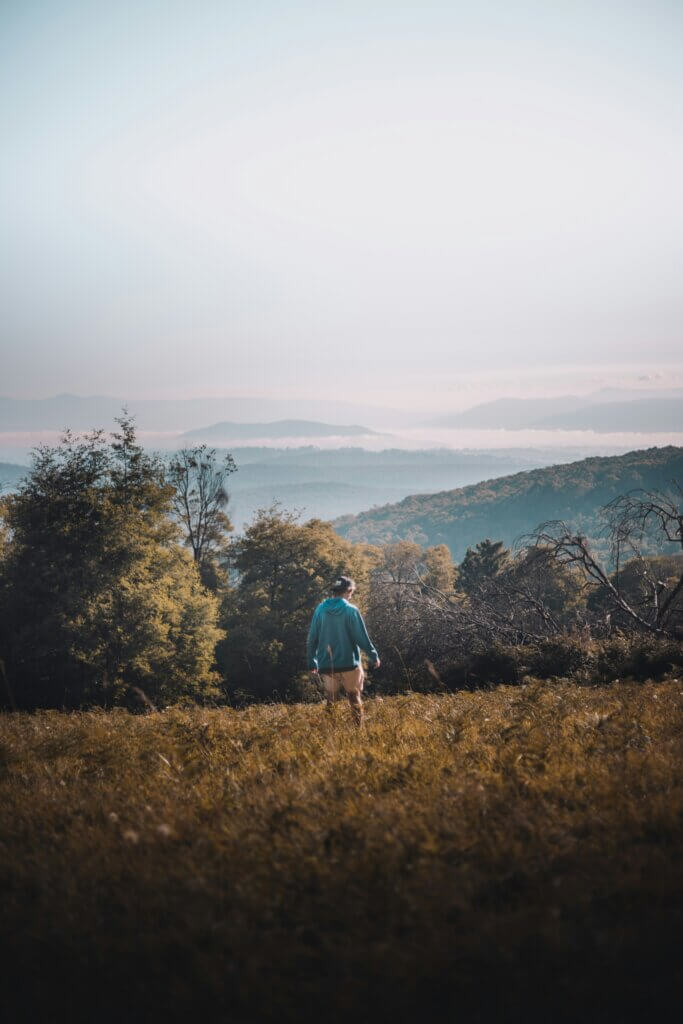
Questions for researchers and planners
A. Prof Mudu says there are a number of questions that are essential for anyone studying and creating public spaces to consider:
- What are your definitions of 'public' and 'green' space?
- What are the best indicators of green space?
- How do green spaces relate to health?
- What is the minimum threshold for exposure to green spaces?
- How effective are urban green space interventions in providing physical, social and psychological health benefits?
- How much are the impacts of nature affected by cultural perspectives on contact with the natural environment?
- How can we work in a different direction to ensure universal access to safe, inclusive and accessible public green spaces, particularly for women, children, older people and people with disabilities?
What is the value of green public spaces for health and wellbeing?
Professor Thomas Astell-Burt says his team's research in Australia has shown over a series of studies that if you are able to green an area from less than 10% canopy cover to 30% over 6 years the health impacts are:
- 31% reduction in the chances of experiencing psychological distress
- 31% reduction in the chance of getting diabetes
- reducing the odds of getting heart disease by 23%
- reducing the odds of getting hypertension by 19%
Greening isn't a panacea, but these studies show that greening urban spaces does matter. The research also shows that these health benefits translate into broader economic benefits in terms of healthcare expenditure.
Fiona Morrison says thinking back to 2020 shows how important green spaces are for social and physical wellbeing. It's important not to underestimate the beauty of nature and the need for respite.
A. Prof Mudu says people react differently to green spaces at different times and places - there's no one response. While the health benefits of access to nature are clear, the greening of urban spaces can also lead to the impacts of gentrification, which planners need to keep in mind.
What are the current challenges creating greener public spaces?
Fiona Morrison says one challenge is around the broader understanding that public space matters. The biggest challenge is having the importance of investment in public space embedded into planning discussions from the start. The challenge she says is, "to change the way we have always done things, to allow us to have the impact we want earlier rather than trying to fit it later, where it's harder and it costs more."
Professor Thomas Astell-Burt says, from the research perspective, a nuanced perspective is required that includes attentiveness to individual differences in responses. For instance, studies show not everyone benefits to the same degree to greening public spaces. Teenagers, for instance, might have different needs and habits around public space use depending on their personality. There's also evidence that the potency of benefit of access to green space differs between apartment dwellers vs people who live in houses. Individual differences matter for whether everyone or just some people benefit from the investments in public space.
A. Prof Mudu says the missing piece is understanding the power relations that shape our spaces. They way our cities are planned depends on a group of actors who are able to be influential and make decisions. Understanding who is in charge of what is essential. The medical sector is one of the least engaged in this type of work. For instance, doctors, nurses and health professionals receive no training in the public health impacts of access to nature, despite their significant benefits. We also need to seek out the voices of the vulnerable and those who could benefit the most from improved access to public space.
About the speakers
Affiliate Professor Pierpaolo Mudu is a technical officer working for WHO-EURO Environment and Health Center in Bonn, Germany. He also collaborates with the WHO Headquarters in Geneva. His most recent works include the coordination of AirQ+, the software that calculates the impacts of air pollution on health, several impact assessments of environmental policy interventions in various countries and cities, and the development of the case studies both inside and outside Europe.
Professor Donna Houston is an urban and cultural geographer. Her research focuses on environmental justice in climate-changing worlds; geographies of extinction, and urban planning in more-than-human cities. She is particularly interested in how cultural methodologies such as storytelling, visual methods and cultural memory can be used to address current social and environmental challenges.
Professor Houston is the Chair of the Discipline of Geography and Planning, Co-Director of the Faculty of Arts Environmental Humanities Research Group and a founding member of the Shadow Places Network, an international environmental humanities initiative funded by the Swedish government's Seedbox.
Fiona Morrison is Commissioner Open Space and Parklands, NSW Department of Planning and Environment.
Thomas Astell-Burt is the Professor of Population Health and Environmental Data Science at the University of Wollongong. He is an Australian Research Council (ARC) Future Fellow (2023-2027) and also the Chief Investigator A of the $1.5M MRFF-funded PANDA randomised trial (Physical Activity in Nature for people with cardiometabolic Diseases Aged 45y+). Thomas is also the founding co-director of the Population Wellbeing and Environment Research Lab (www.PowerLab.site), a multi-university lab whose alumni are now working in research institutes, universities, and governments around the world.
Pierpaolo Mudu: Photo: Mountain High Photography
